DUS Diversity, Equity, and Inclusion

David Smith
Associate Dean for Advising and Executive Director
Partnerships
Connect to the multicultural coordinators in each college.
Learn More
Multicultural & Special Interest Organizations
Join one of over 70 multicultural student orgs.
Learn More
First-Generation College Students
Connect to 1st gen students, professionals, and advocates.
Learn More
Student Stories
Hear from our students; do you see yourself in their stories?
Learn More
Community & Belonging
There are many ways to be a Penn Stater. Let us help you build your community.
Learn More
Connect With Us
Connect with the DUS Diversity Team.
Connect Now
Penn State’s Land Acknowledgement
Find out who lived on the land Penn State resides.
Learn More

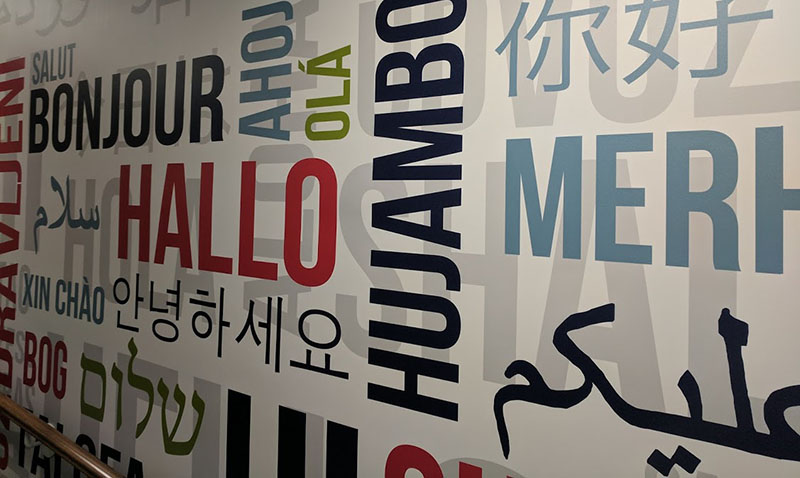
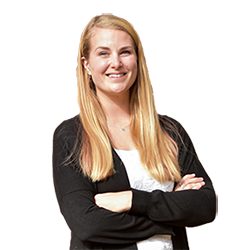
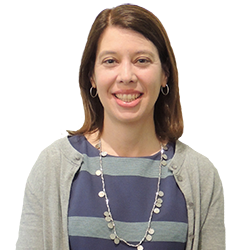
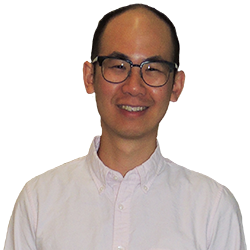
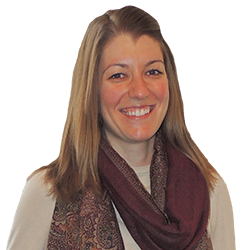

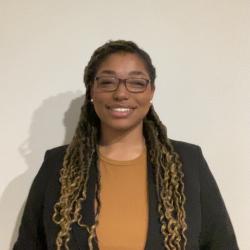
An inclusive, diverse community is one where all experiences and perspectives are valued. Here in DUS, we want everyone to feel that they can share their stories openly and be accepted for who they are and how they see the world. It is through the inclusion of the broadest range of perspectives that we will find solutions to the many problems that confront our world. I encourage you to be yourself, to share your story with your adviser and others, and to join us in building a strong, inclusive community at Penn State.